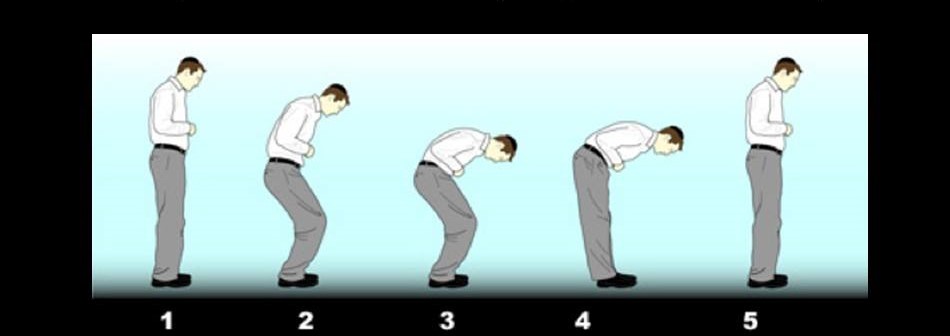This introduction to every traditional blessing may be the most familiar phrase in the Jewish lexicon. It rolls off the tongue of even non-observant Jews.
So what does it mean? Let’s focus today just on the word barukh.
We typically translate this as blessed or praised are You, Adonay. This constitutes a kind of joyous apostrophe: hooray! How wonderful is Hashem! That works, although there is greater poetic depth and additional harmonics on the term barukh that we can bring out, especially by consulting the Jewish mystical tradition.
For one thing, the Hebrew word for knee is berekh. One of the earliest Jewish mystical books, the Bahir [c. 12th century, in paragraph #4] offers the homily that Barukh refers to the divine reality “to whom all knees bow.” [Bahir cites Isaiah 45.23: For all knees bow to me, כי לי תכרע כל ברך, a phrase that appears in Aleinu as well.] This makes good semantic sense: Divine majesty is reflected in human reverence. The same drash is implied in the choreography of our davening: often we bow when we say the word barukh. Likely that gesture expresses the meaning Barukh Atah Adonay, “You are God to whom we bend our knees.”
On those occasions when we bow at Barukh, we are guided to stand up erect again when we say the word Adonay, to act out the phrase [Psalms 146.8] Adonay straightens up those who are bent over ה’ זוקף כפופים. In context in that Psalm it means that God supports the suffering. As an element in davening choreography this phrase prompts an experience of dignity and strength upon saying the divine name and encountering God. Some religious orientations say that God is so awesome that humans end up feeling worthless by comparison. That is not our Jewish approach. We say: Bow to Hashem at barukh, and Hashem will strengthen you so you can stand tall and proud.
Another meaning for barukh I particularly love comes also from mystical tradition, turning on the meaning of the word bereikha, or “pool.” I paraphrase here the 13th century R. Bachye b. Asher of Saragossa [Kad HaKemach s.v. Berakha, pp. 67-8 and his commentary to Deuteronomy 8.10]. (The Bahir #6 also alludes to the theme, but without spelling out the homily exactly. I bet R. Bachye is not the original source, but I have not labored to seek out an earlier version. Some other time.) R. Bachye describes God as a spring overflowing with perpetual abundant goodness, grace, and wisdom, which gathers into a pool, which people can enjoy. When I daven the words Barukh Atah Adonay, I try to meditate on this meaning: Hashem, you are a fountain splashing forth blessing, a cool pool of grace. Hold your breath and immerse.





